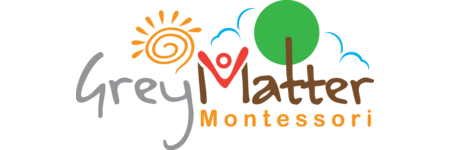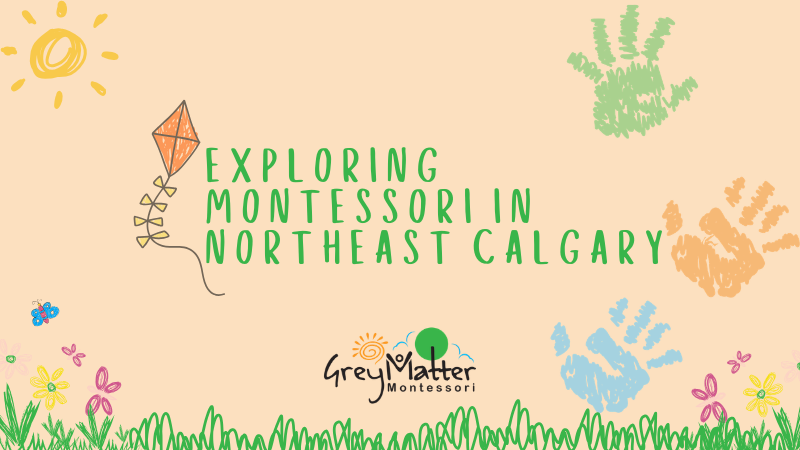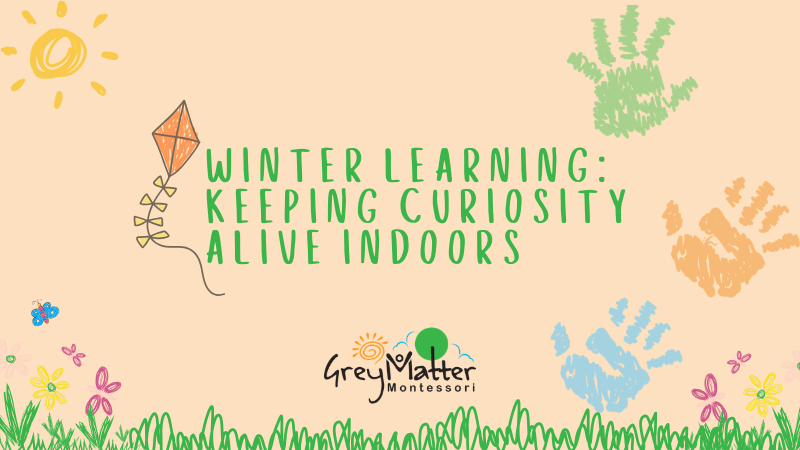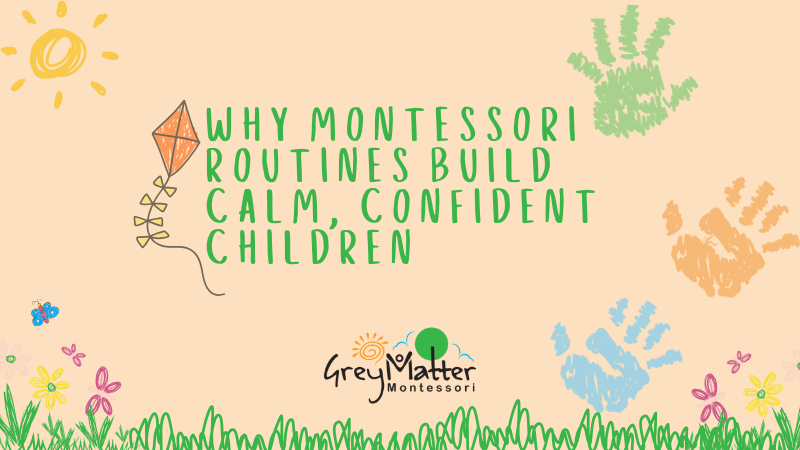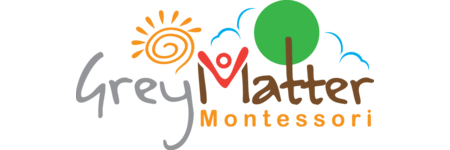How Montessori Builds a Strong Start for School
The kindergarten classroom expects children to follow instructions, manage routines, and work independently, all skills that grow naturally in Montessori. Instead of learning through worksheets or rote repetition, children in Montessori preschool gain understanding through real, tactile experiences. They pour, count, match, and build; they listen, observe, and repeat until mastery comes through practice.
The environment itself encourages responsibility. Shelves are at child height, materials are organized by subject, and each activity has a defined beginning and end. Children take ownership of their learning—choosing, completing, and returning work independently. These routines build concentration, fine motor control, and confidence in decision-making, all of which transfer smoothly to the kindergarten setting.
1. Early Literacy Through Real Connection
In Montessori classrooms, literacy begins long before reading books. Children are introduced to the sounds of language through conversation, poetry, and sound games. Sandpaper letters help them connect sound to symbol by tracing each letter’s shape with their fingers while saying its phonetic sound aloud. The moveable alphabet then lets them build words before they can write them by hand, turning abstract symbols into something meaningful. This multisensory approach makes literacy exciting, familiar, and successful.
2. Mathematics That Makes Sense
Montessori math is concrete first and abstract later. Children don’t just memorize numbers—they hold them, count them, and trade them. Using number rods, golden beads, and bead chains, they physically build the decimal system, learning addition, subtraction, and even early multiplication through movement and pattern. When they later encounter written equations in kindergarten, they already understand the logic behind the symbols.
3. Practical Life Lessons That Create Independence
Pouring water, buttoning clothes, sweeping floors—these may seem like simple activities, but they build essential fine motor control, sequencing, and problem-solving skills. Children learn that they are capable of real responsibility. They manage transitions, prepare snacks, and care for their classroom. By doing for themselves, they build self-confidence, patience, and pride—key traits that lead to success both in and beyond kindergarten.
4. Sensorial Foundations for Critical Thinking
Sensorial activities refine observation and classification—the roots of scientific thinking. Colour tablets, sound cylinders, and geometric solids teach comparison, pattern recognition, and language. When children describe textures or sort objects by size, they strengthen both vocabulary and analytical skills. These early exercises in precision prepare their minds for more complex learning later on.
5. Social Development in Multi-Age Classrooms
Montessori classrooms include children aged three to six, creating a natural mentorship cycle. Younger students observe older ones and imitate their focus and grace. Older children, in turn, reinforce their own knowledge by helping and guiding peers. This structure nurtures empathy, communication, and confidence—qualities that make the kindergarten transition emotionally smooth as well as academically strong.
6. Focus and Self-Motivation That Last
In Montessori programs, children experience long, uninterrupted work cycles where they can choose an activity, concentrate deeply, and repeat it until satisfied. This kind of sustained focus isn’t just preparation for kindergarten; it’s preparation for lifelong learning. Children who have experienced the satisfaction of mastering a challenge are more likely to approach new tasks with curiosity and resilience.
Creating Confident, Capable Learners
Montessori preschool builds more than academic skills—it shapes capable, caring, and curious learners ready to take on kindergarten with confidence. At Grey Matter Montessori in NW Calgary, children learn to explore ideas independently, communicate respectfully, and approach new challenges with joy and self-assurance. These habits form the core of lasting success, both in school and beyond. If you’re preparing your child for kindergarten and looking for a nurturing, hands-on learning environment, contact Grey Matter Montessori to learn more about how our program can give your child the best possible start.
Frequently Asked Questions About Montessori Schools
Q: What Ages Does Montessori Preschool Serve?
A: Grey Matter Montessori welcomes children ages 3–6, preparing them for kindergarten through structured independence and hands-on learning.
Q: How Does Montessori Prepare Children for Kindergarten?
A: Through real, tactile activities that develop focus, responsibility, and self-confidence—skills essential for kindergarten readiness.
Q: Will My Child Learn Reading and Math in Montessori?
A: Yes. Montessori materials build literacy and numeracy through movement, sound, and touch—helping children truly understand what they learn. Contact Grey Matter Montessori today to find out more about our programs.
